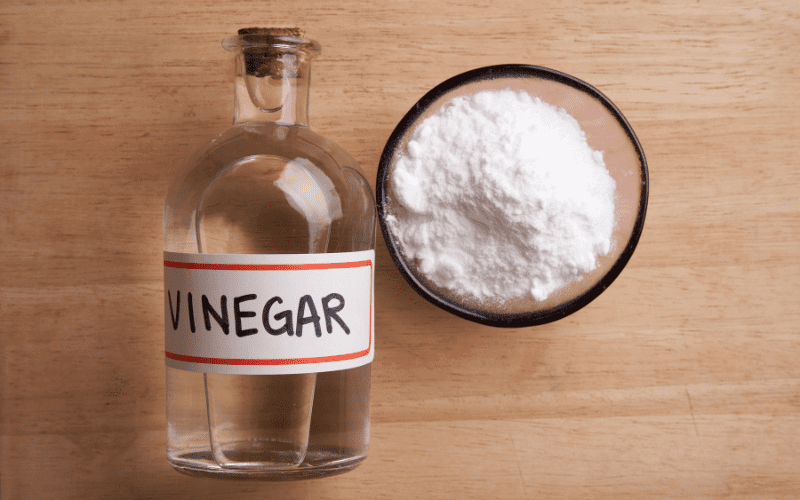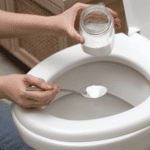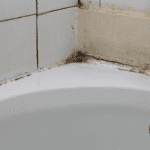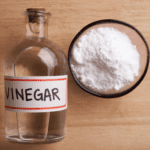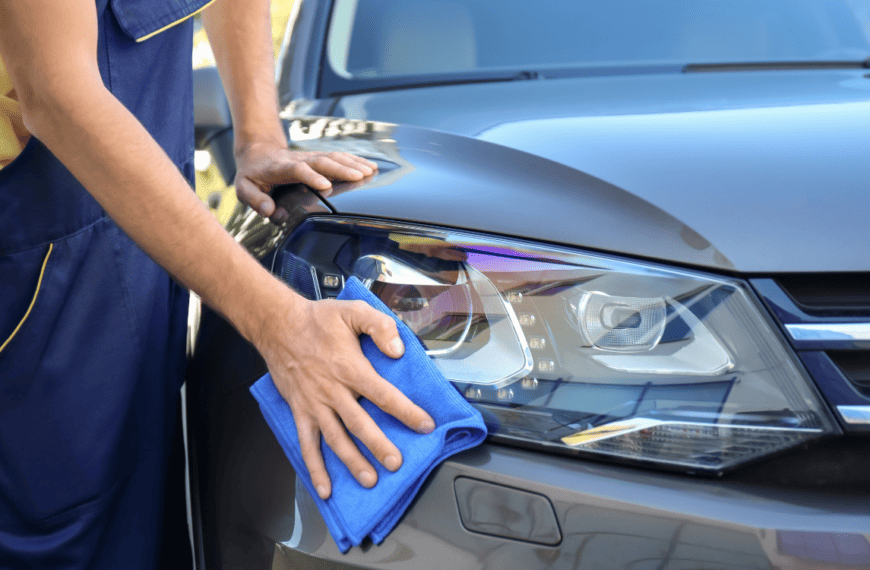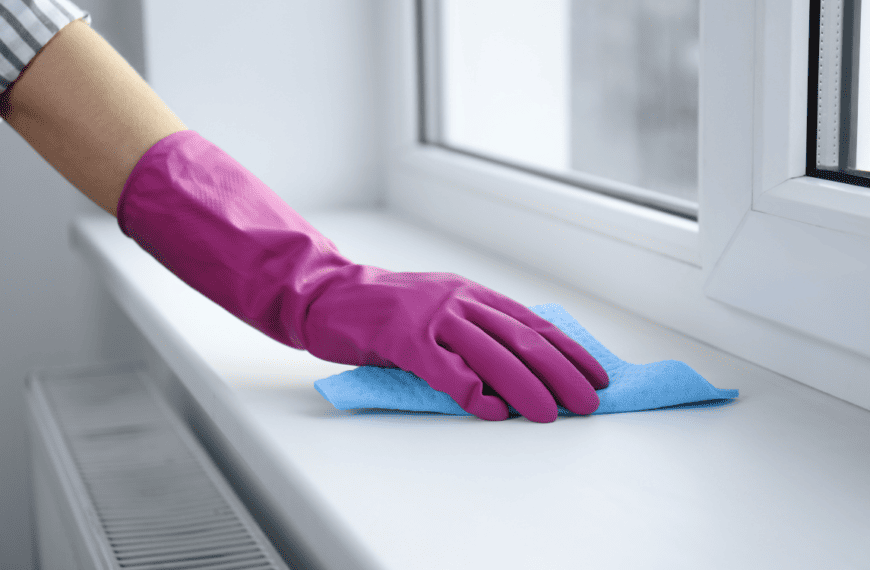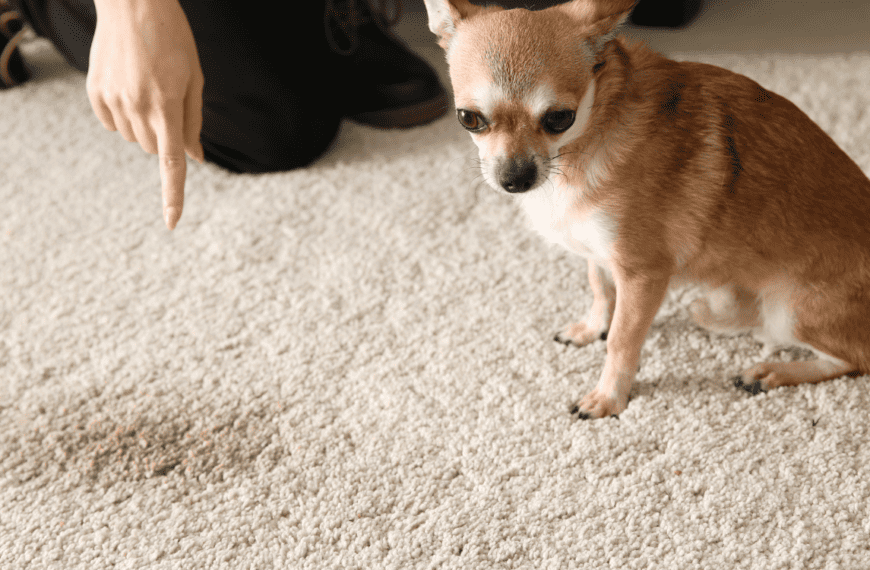Not many people know that November 1st is National Vinegar Day, but to be honest, this versatile household staple deserves a celebration.
Vinegar is the unheralded hero of the home, as helpful in flavoring our sauces as it is cleaning countertops or killing weeds. It’s safe, powerful, inexpensive, and always on hand for quick cleanups between your weekly cleaning service. We may use our favorite branded cleaners for specific chores, but nothing is more dependable than vinegar in a pinch.
The possibilities seem endless, but it’s crucial to understand that vinegar is not safe for every surface around the house. We’ll explore how to clean with vinegar, so you can understand the best times to use a vinegar cleaning solution and the best times to find an alternative.
Why Is Vinegar Good for Cleaning?
There are many types of vinegar, but the multi-functional centerpiece of many DIY green cleaning solutions is distilled white vinegar. Composed of 5% acetic acid to 95% water, distilled vinegar is safe to consume and strong enough to clean. Its acidity goes to work on grime and dirt, dissolving and loosening messes to make them wipe clean.
What You Can Clean With Vinegar
You can create an all-purpose vinegar spray by mixing one part vinegar with one part water, adding in a few drops of essential oils as desired for a more pleasant aroma. A vinegar cleaning solution can be used for cleaning counters, wiping down mirrors, polishing fixtures, and much more. Let’s look at different areas in the house to see how it fits into your cleaning routine.
Vinegar in the Kitchen
Vinegar is an excellent kitchen cleaner because it’s both potent and non-toxic. You won’t have to worry about food coming into contact with hazardous chemicals, giving you peace of mind as you tidy your floors, counters, and appliances.
Here are some of the best ways you can use a vinegar cleaner around the kitchen:
- Clean the inside of the refrigerator
- Microwave a bowl of vinegar cleaner for 2-4 minutes to loosen grime on the inside
- Clean countertops and the sink
- Descale coffee pots and tea kettles
- Remove odors and stains from inside food processors
You can also make a handy glass cleaner for windows and hard water-marked dishware. It’s efficient at removing stains and grime from numerous kitchen items. Let it sit for several minutes in plastic containers or cookware to get rid of grease and water stains.
Vinegar in the Bathroom
Vinegar’s odor-killing power is an enormous help in the bathroom. Like the kitchen, there are many non-porous bathroom surfaces that can handle your vinegar cleaner.
Try using these tips to clean your bathroom:
- Get a spotless shine with a vinegar solution for shower doors
- Remove hard water stains on faucets and drains with your vinegar spray
- Soak your showerhead in vinegar for a few hours to make it sparkle
- Brush your toilet bowl with a ½ cup of vinegar
Vinegar can power through soap scum, remove mold and mildew, and break down hard water minerals, three essential needs when trying to tackle the cleaning chores between maid service visits. Try pairing vinegar and baking soda for extra-strength cleaning and deodorizing around the kitchen and bathroom.
Vinegar in the Bedroom, Living Room, and Laundry
You can use vinegar in any room and not only on hard surfaces. Add ½ cup of it to the washing machine to give your laundry detergent a color-protecting boost. Alongside baking soda, it can remove stains and odors from your carpet or freshen up a mattress.
When You Shouldn’t Use Vinegar
Vinegar probably sounds like the universal answer to any cleaning problem, but there are plenty of places where you would be wise not to use it. There are also plenty of products that you must never mix with vinegar. For instance, although they make an incredible cleaning duo when used one after the other, mixing vinegar and baking soda is completely useless.
For safety reasons, never mix vinegar with hydrogen peroxide or bleach. When you combine them with vinegar, these cleaning chemicals create dangerous gasses that irritate the eyes, skin, and respiratory system.
Your trusty vinegar cleaning solution can also be harmful to certain materials around the home. The following are some of the critical places to avoid cleaning with vinegar.
Metal Surfaces
Vinegar is effective on stainless steel and enameled cast iron surfaces, but it can be corrosive for most metals. Even some varieties of stainless steel, such as smudge-proof stainless steel, can degrade from vinegar. Be careful using vinegar on metal cooking utensils, countertops, and appliance surfaces.
Stone Countertops
Vinegar’s acidity is problematic for natural stone surfaces. It will etch your countertops, dig through the protective sealant, and take away most of the luster. Do not use vinegar on the following materials:
- Granite
- Soapstone
- Marble
- Limestone
- Travertine
- Onyx
- Quartz
Instead of vinegar, stick with water and a cloth to wipe away dirt. Abrasive cleaners are a quick way to damage most stone fixtures, so basic approaches are usually the best way of protecting your investment.
Electronic Screens
Vinegar can make a great glass cleaner, but you cannot treat electronic screens like your average window. For a safer formula, use a mixture of one part distilled water and one part isopropyl alcohol. Mix them in a spray bottle, and use a microfiber cloth to clean dust and smudges off the screen.
Wood Floors
Like stone surfaces, wood floors can also face damage from vinegar. The acid will dissolve away the finish, making your floor look dull and worn. Refer to your flooring manufacturer’s recommendations for appropriate floor cleaners.
Targeted Disinfection
Among the many advantages of vinegar as a cleaner, perhaps the most notable is its safe use as a disinfectant. Vinegar has been shown to have antimicrobial benefits, effective in killing various foodborne pathogens such as:
- E. coli
- Salmonella
- Listeria monocytogenes
Vinegar can reduce many of these germs in the house, which is why it’s great for kitchen surfaces. Still, vinegar should not be your go-to germ-killer, as it’s not an EPA-registered disinfectant. If you’re concerned about particular illnesses in the house, you should opt for a certified disinfectant or schedule a maid service that specializes in disinfection and sanitization.
Let Your Cleaning Service Manage the Mess
Vinegar is a must-have for every household, a convenient tool for countless cleanup chores. Follow these tips on cleaning with vinegar, and you’ll make cleaning easy and worry-free every time.
Even though vinegar can do it all, it can sometimes be hard for you to do it all, especially after a long day of working and looking after the family. Get some relief with a local cleaning service matched to fit your needs, budget, and schedule. Request a booking today, and see how easy it is to find the perfect cleaning solution.

